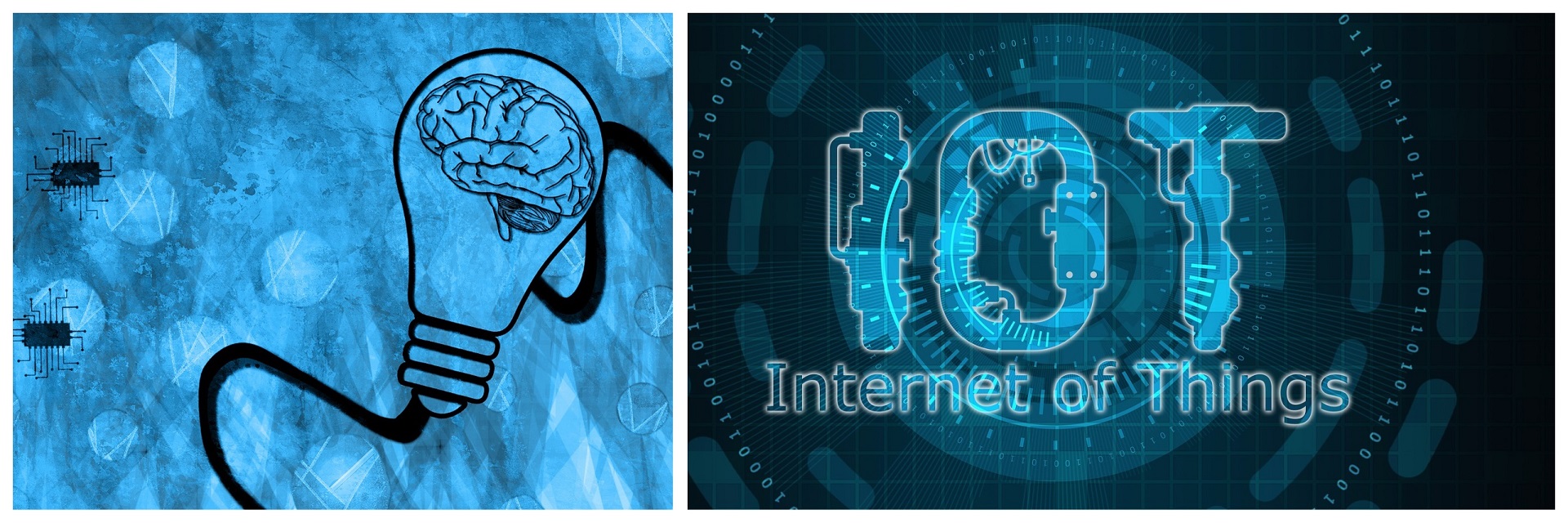Internet of Things
Internet of Things (IoT) is a set of interconnected objects like electronic products, electrical products, automobiles, industrial equipment etc which are linked with the help of embedded microchips and software for the purpose of exchanging data between them over the internet. IoT was conceptualized in the early 2000’s by large consumer electronic corporations with their line of products like Refrigerators, Air Conditioners, Washing Machines, Televisions etc which could be controlled anywhere in the world using a remote control over the internet.
But due to low average internet bandwidth globally in late 90’s and early 2000’s this technology was not widely adapted then. With the advent of broadband, IoT acceptance also increased. It has become one of the most important technology in the modern world. IoT devices are manufactured for the average consumer for domestic use and for large companies for industrial use to increase efficiency in manufacturing process.
Over the last couple of years the price of computers and related devices have decreased. At the same their performance has increased manyfold. This led to an increase in the adoption of computing devices worldwide. Advances made in cloud computing was also pivotal for IoT, enabling transfer of large amount of data possible. Sensors also play a crucial part in IoT. These sensors are embedded into a lot of devices to measure temperature, humidity, weight, motion, etc which is then processed to take qualitative decisions.
Advancements in machine learning and analytics combined with cloud data storage enables businesses to gather and process required information effectively. Natural-Language Processing (NLP) enabled IoT devices such as voice assistants could be used to control other devices at home with the user’s voice commands. IoT in industries is referred to as Industrial Internet of Things (IIoT). Manufacturers are upgrading factories and machines with sensors and other intelligent devices to collect data to drive Artificial Intelligence (AI) enabled insights, visibility and predictive analytics. Hence its not a surprise that a global survey conducted across 700 companies in 13 countries found that technologies like IoT, AI and digital assistants have passed the adoption tipping point.
Industries in recent times have begun using machine-to-machine communication (M2M) to achieve wireless automation and control. Coupled with the emergence of machine learning, analytics and cloud storage, industries can achieve a new automation layer, which it can use to create new business opportunities. IIoT is generally referred to as the fourth wave of the industrial revolution. Some of the common IIoT adoptions centres around Building of smart cities, Smart power grids, Smart manufacturing, Smart digital supply chains, Preventative and predictive maintenance.
IoT applications use machine learning algorithms to analyze sensor data from various devices stored on the cloud. Using IoT dashboards and alerts, businesses gain vital information like key performance indicators, statistics for mean time between failures. Machine learning based algorithms can identify equipment malfunctions and alerts users. It can also be programmed to trigger automated fixes that is beneficial to various industries like Automotive, Transport and logistics, Retail, Manufacturing, etc.

